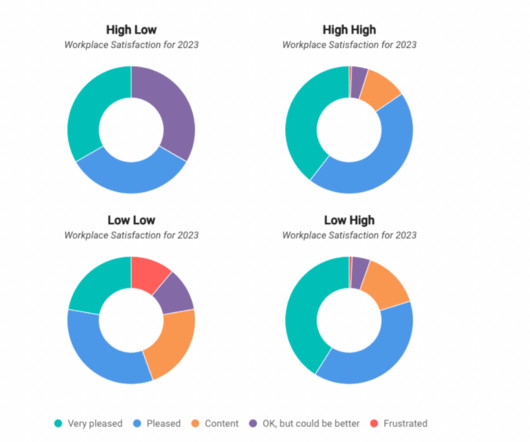The Missing Step to a High Performance Culture
TalentGuard
MARCH 25, 2019
The Missing Step to a High Performance Culture. Creating a high performance culture is the goal of all organizations and that begins with successful talent management. In our experience, high performance organizations are: . In our experience, high performance organizations are: .

















Let's personalize your content